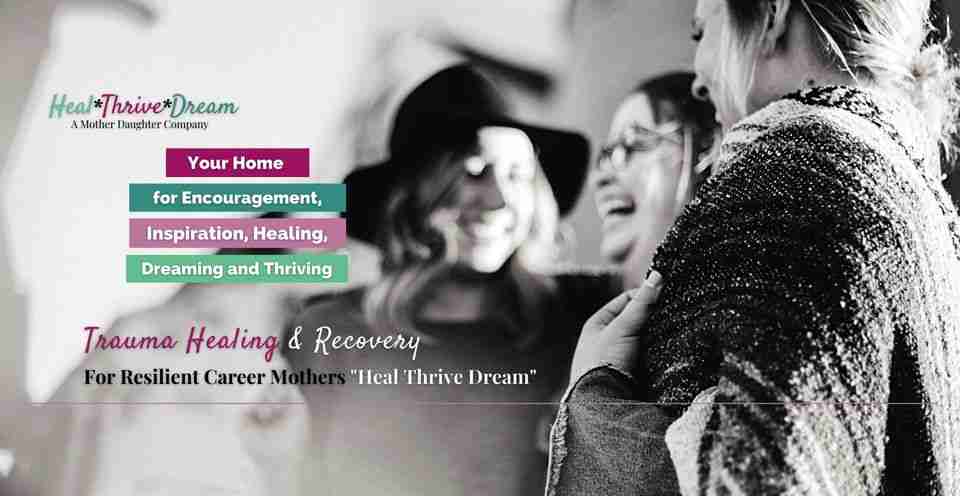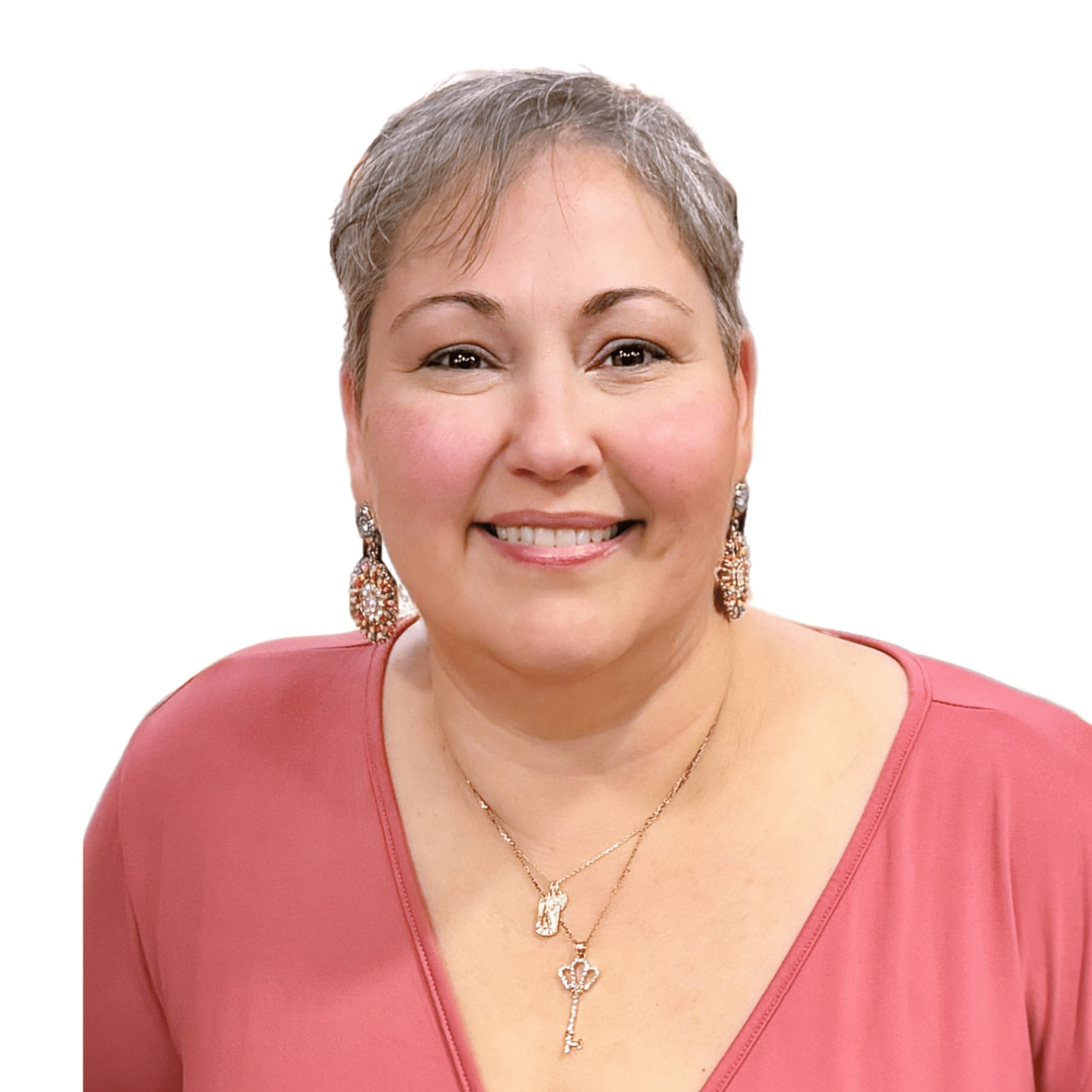What does it mean to have this question?
I get asked this question more frequently than most people would guess. My initial response to this is to remind the client in front of me of the inherent flaw in the question and where their question stems from.
People who don’t have trauma in their childhood or in their histories simply don’t have this question. Thus, if you are wondering if you have been traumatized, more often than not, you have answered your own question. The reason survivors ask themselves the question is because self-doubt is planted early by abusers or predators. Another reason is because your memories post trauma are often fragmented. Your decision making skills are impacted.
Your attempts to cope
In order to cope after bad things happen, you may find yourself minimizing your experiences as you think this allows you to feel better or make better sense of the events. Or the person who hurt you couldn’t possibly have meant to or you did something to cause their bad behavior. You may often blame yourself as this erroneously seems like you can take some control back from a situation where you had no control at all.
Questioning your own perceptions is common but not necessary. Trauma is subjective and a guideline to use is to simply ask yourself, “Did the event have a lasting impact on me?” And again if you are asking yourself the question or unsure, chances are you experienced a trauma. Please remember our friends and family don’t get to define our trauma, you get to decide. Even not experiencing a trauma directly counts if it distressed you. Witnessing a traumatic event impacts as much and sometimes more than experiencing first hand for various reasons. A child who witnesses one parent harming the other feels even more powerless as they couldn’t protect one parent and can’t trust the other. Emotions and reactions can get complicated when we hurt and seeing others hurt too.
How trauma continues to affect us
Quite simply, trauma has lasting effects on our brain. This can lead you feeling stuck in the past and makes it difficult to be fully present in the future. You may feel easily triggered. This is because your experiences are reflected in the beliefs you have about yourself. Believing you should have been stronger, less trusting, more suspicious, gives us that false sense that you caused the problem. This is not true and not helpful. Trying to own the problem leads you to feeling worse. Only the predator or abuser should own the problem. I call this, “don’t claim the shame.” Shaming yourself just keeps you stuck and perpetuates self loathing, maladaptive coping skills, and a sense of fear about your future.
What to try instead of minimizing the traumatic event
Start with working on a foundation for healing. Look at your resiliency and instead of asking yourself why you feel or behave in a negative way, ask yourself how is it you have survived the trauma? How have you managed to keep going? What does it say about you that you are able to overcome such hard things? It can help you feel less alone if you seek out the support of other survivors. Support groups are a good place to start. Heal Thrive Dream, LLC offers a free group for women on Facebook. Being in community with others who have walked a similar path or get what you have gone through on some level is comforting, supportive, and validating.
Support groups are meant to be in collaboration with therapy. Having a private place to work through emotional pain is a gift you deserve. Processing verbally, through writing, art, music, and yoga are powerful recovery tools. It is not uncommon to see your progress and then have a setback and feel like you are taking steps backward. This is a normal part of healing. Don’t give up as taking baby steps forward count and they get you to where you are meant to be next.
Where do you go for support? Please join us at facebook.com/group/healthrivedream


